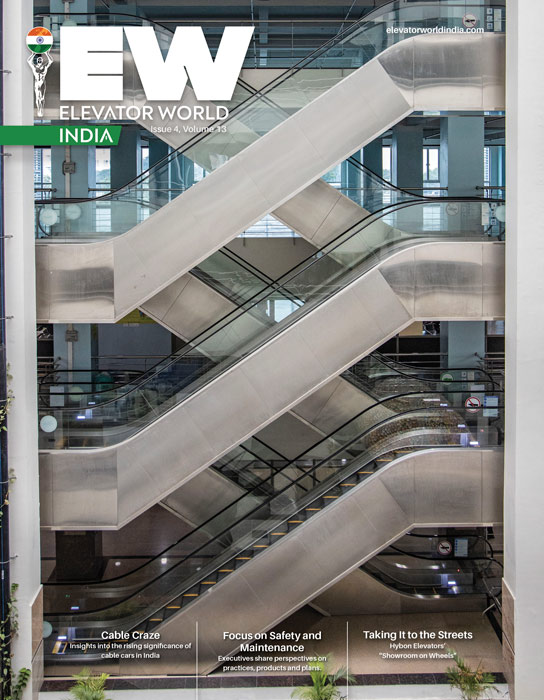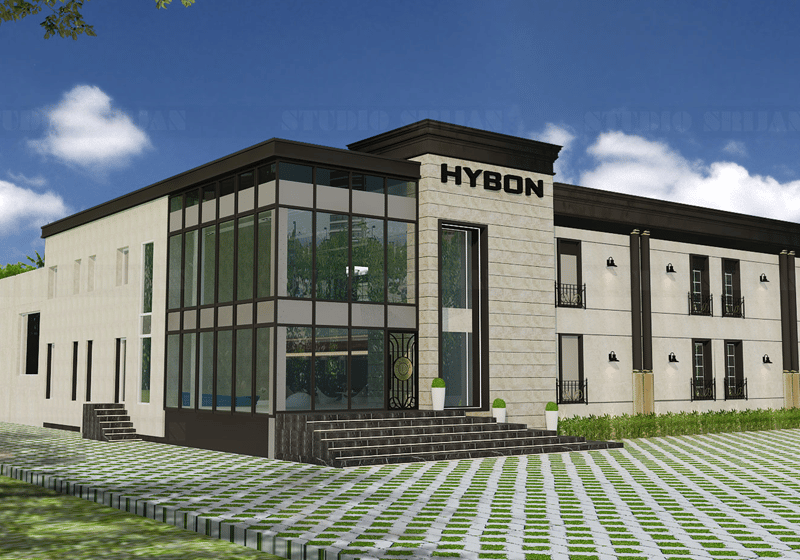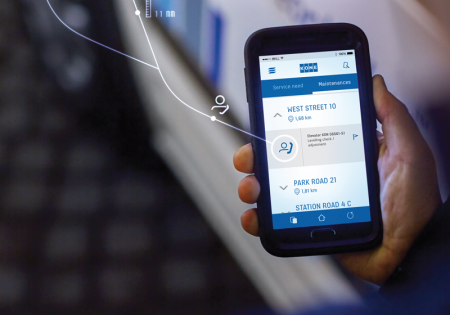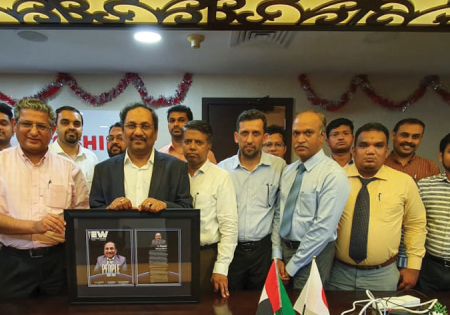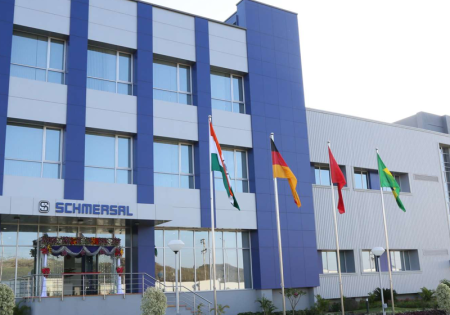This Readers’ Platform gives 10 reasons why it is important to maintain your VT systems.
Economic growth provides financial liquidity that drives development. The desire for a better standard of living is forcing urban infrastructure growth. As the buying power increases, demand increases. With land being scarce, the costs are skyrocketing, and it becomes more important to build more in less space. With multistory buildings with higher floorspace indices becoming common, elevator have become an absolute necessity for any building. Without them, tall buildings would not have been possible.
The elevator is a facility for daily convenience and an important asset to be safeguarded. Elevators in tall buildings not working properly pose a major inconvenience, and some people may not be able to access certain floors of the building without them. It is vital to maintain elevators by scheduling routine maintenance and having a professional inspect the equipment. This article looks at 10 reasons why it is very important to maintain your vertical-transportation (VT) equipment.
Imagine a situation when someone needing medical help gets stuck. This is reason enough to show how important it is to maintain elevators in buildings to prevent accidents.
These 10 reasons are linked in a way that leads to three important aspects: user safety, user confidence and comfort, and value (keeping costs low and enhancing the asset value):
- Prevention of frequent breakdowns: VT equipment has multiple interconnected components that make it work the way it should. If even one of these parts fails, the elevator breaks down, and the unit becomes inoperable. Periodic routine maintenance ensures proper servicing of these components to avoid breakdowns. Elevator technology, design and engineering are changing rapidly. Insist that service engineers are updated on the latest developments to ensure safety and long equipment lifetimes. Ensure you get the maintenance done through a licensed and professional organization that is reliable and has adequately trained manpower and resources to handle the requirements of the equipment.
- Guarantee safety: elevator mishaps and accidents may be rare, but they are known to happen. When they happen, people can get seriously injured. Many times, passengers are known to have spent hours inside an elevator until help arrived. Imagine a situation when someone needing medical help gets stuck. This is reason enough to show how important it is to maintain elevators in buildings to prevent accidents. Without proper maintenance, an accident can happen any time and may lead to legal complications. Furthermore, it is legally important to maintain VT equipment in functional buildings through a licensed maintenance company.
- The equipment life is prolonged: it is generally assumed that all VT equipment has a useful working life of 18-23 years. This seems like a long time until one realizes that there are units that are 35-40 years old and still functioning. The secret to longer life is when these units are properly maintained. With regular maintenance, there is no reason an elevator would not be able to last at least 25 years.
- Makes the ride smooth: maintenance keeps the most critical elevator components clean, lubricated and adjusted properly. This gives the users a smoother ride, leaving them more satisfied with the service and feeling confident they are in a safe and reliable elevator. Trust and communication from your elevator mechanic are imperative and one of our top priorities. A happy customer is typically one who will keep coming back.
- Cost savings: some building owners resort to call-back service and repairs, rather than preventive maintenance. Neglecting regular preventive maintenance can get expensive, as it may lead to complex repairs, from parts failures to major damage, down the line. It is far more affordable to engage in preventive maintenance, rather than repair and total replacement. Always insist that your service company provides a fully comprehensive maintenance package.
- Meeting regulatory requirements: licensed and professional elevator maintenance companies ensure your equipment is up to date in terms of regulatory requirements. They implement mandatory safety requirements that a regulatory body may mandate.
VT equipment is one of the long-life components of most built ecosystems. The reliability of the equipment and extent of maintenance carried out have a direct impact on the value of the building.
- Improves building productivity: proper maintenance ensures more equipment uptime. A licensed and professional maintenance company will ensure maintenance activities are planned and scheduled to suit the requirements of the building without disturbing the occupants. This is especially true in the case of hotels and hospitals.
- Comforts the occupants: whether an occupant or a tenant, the building user should feel comfortable using the VT. Engaging a professional organization for maintenance activities provides much-needed comfort to users. They are comforted by the assurance that someone is taking care of the equipment and, in turn, their safety.
- Accomplishes the purpose of the building: most modern buildings these days are designed scientifically. Elevators in these buildings are selected through rigorous traffic simulations and analyses to ensure the installation of adequate and optimum VT.
- Enhances the value of the building: the valuation of any building directly depends on the infrastructure within. VT equipment is one of the long-life components of most built ecosystems. The reliability of the equipment and extent of maintenance carried out have a direct impact on the value of the building. It is not just the cost of the equipment that needs to be replaced, but also the time required to replace it. It is, hence, always important to have a licensed and professional maintenance company onboard that not only guarantees high uptime, but also ensures periodic maintenance and replacement of worn-out components, which will provide smoother rides and user confidence and comfort.
Get more of Elevator World. Sign up for our free e-newsletter.

